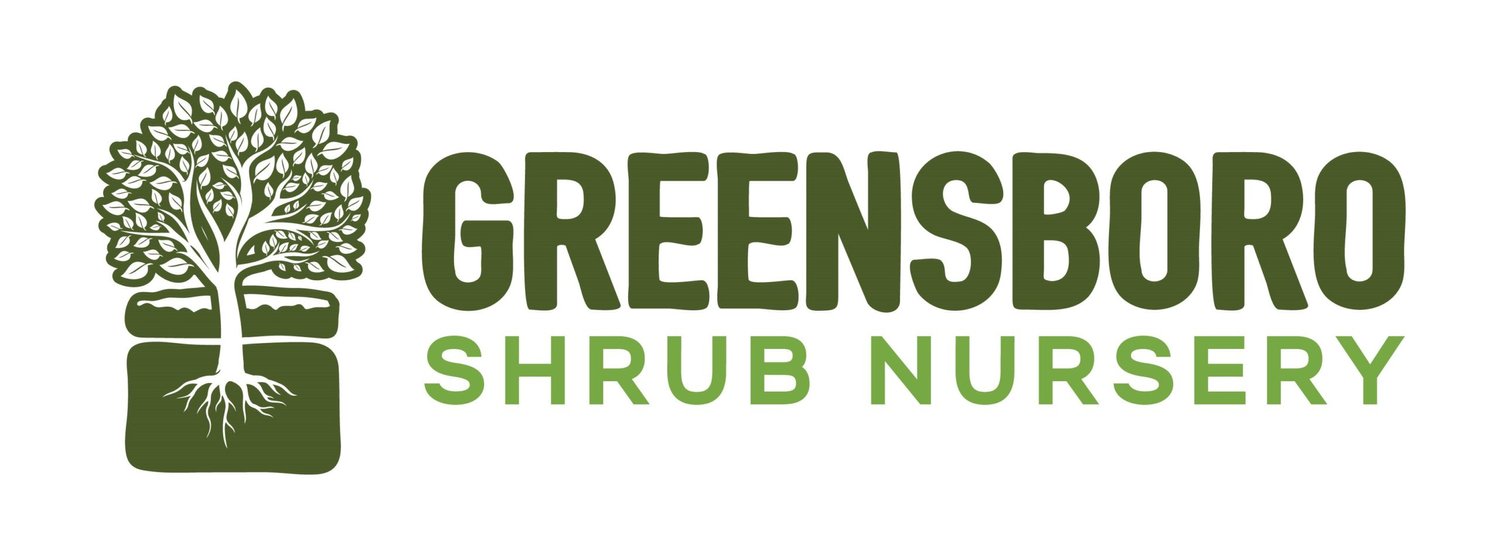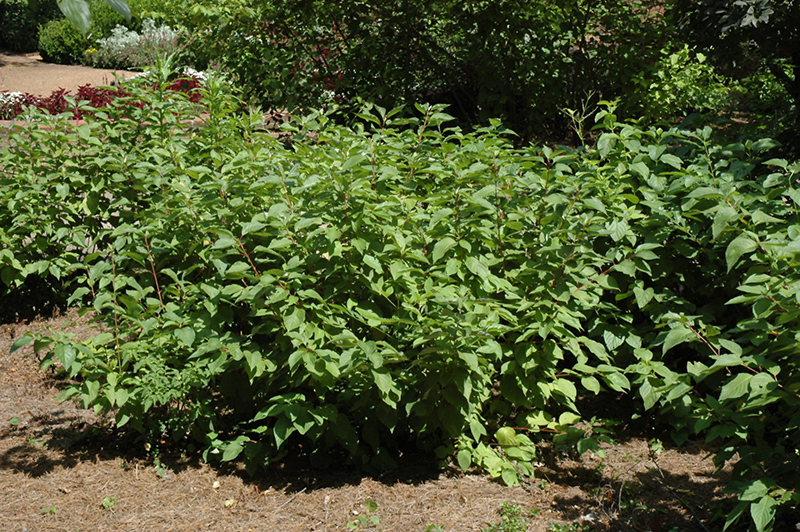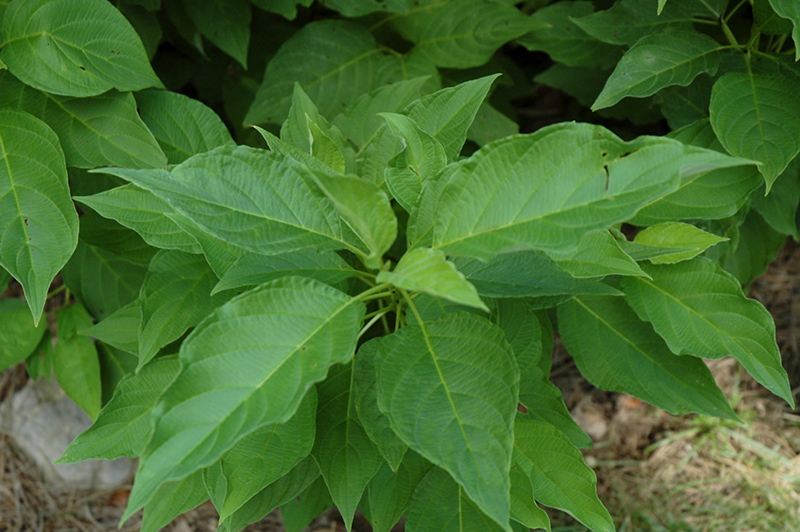Plant Search & Info
Yellow Twig Dogwood Cornus sanguinea 'Viridissima' Height: 6 feet Spread: 8 feet
Sunlight:
Hardiness Zone: 4b Description: A highly ornamental shrub characterized by bright yellow branches in winter, fall leaf color is gold tinged with red, attractive flowers and fruit; a fine choice for winter landscapes Ornamental Features Yellow Twig Dogwood has clusters of creamy white flowers at the ends of the branches in late spring. It has forest green deciduous foliage. The glossy pointy leaves turn an outstanding gold in the fall. The yellow bark is extremely showy and adds significant winter interest. Landscape Attributes Yellow Twig Dogwood is a dense multi-stemmed deciduous shrub with an upright spreading habit of growth. Its average texture blends into the landscape, but can be balanced by one or two finer or coarser trees or shrubs for an effective composition. This shrub will require occasional maintenance and upkeep, and is best pruned in late winter once the threat of extreme cold has passed. It is a good choice for attracting birds to your yard. Gardeners should be aware of the following characteristic(s) that may warrant special consideration; Yellow Twig Dogwood is recommended for the following landscape applications; Planting & Growing Yellow Twig Dogwood will grow to be about 6 feet tall at maturity, with a spread of 8 feet. It tends to fill out right to the ground and therefore doesn't necessarily require facer plants in front, and is suitable for planting under power lines. It grows at a medium rate, and under ideal conditions can be expected to live for approximately 20 years. This shrub does best in full sun to partial shade. It prefers to grow in average to moist conditions, and shouldn't be allowed to dry out. It is not particular as to soil type or pH. It is highly tolerant of urban pollution and will even thrive in inner city environments. This is a selected variety of a species not originally from North America.![]()
![]()
![]()
![]()
![]()
![]()
![]()
![]()
![]()
![]()
![]()
![]()
![]()
![]()
![]()



